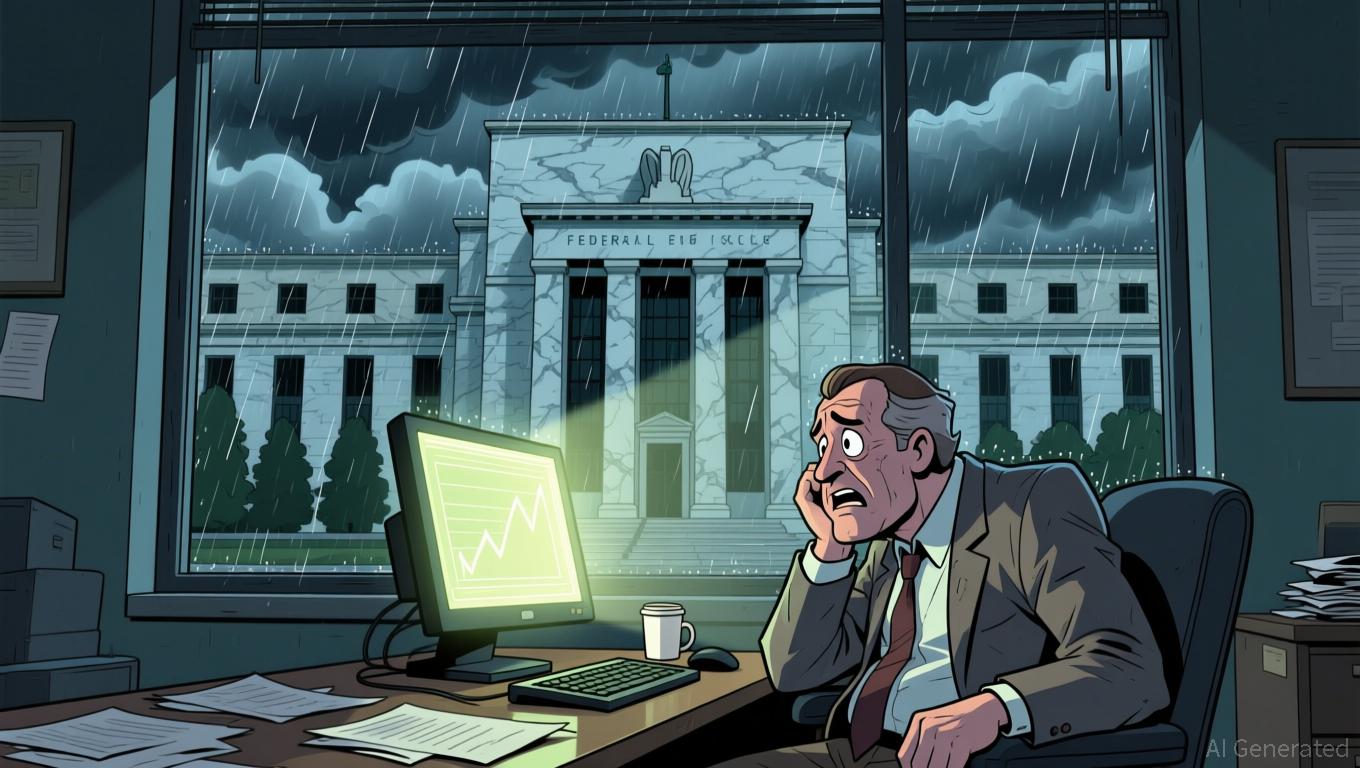- The U.S. economy lost $11 billion due to the shutdown
- No signs of a near-term recession despite the hit
- Consumer spending and job growth remain strong
The recent U.S. government shutdown cost the economy a staggering $11 billion. However, according to macro hedge fund manager Scott Bessent, this blow isn’t enough to push the nation into a recession. His analysis reflects confidence in the resilience of the American economy, even amid temporary disruptions.
While $11 billion is a substantial number, it’s just a small fraction of the country’s $27 trillion economy. Historically, the U.S. has weathered far worse economic shocks without slipping into a downturn. Bessent’s remarks serve to calm fears that such shutdowns automatically lead to broader economic collapse.
Strong Fundamentals Keep Recession Fears Low
The U.S. economy continues to show strength in key areas like employment, consumer spending, and industrial output. Job reports remain solid, with unemployment at near-record lows. Retail sales are growing steadily, and businesses continue to invest cautiously.
These positive indicators suggest that the economy is still on a stable path, despite political disruptions. Bessent emphasized that a temporary shutdown doesn’t shake long-term fundamentals, and the momentum from consumer demand and corporate performance will help buffer short-term losses.
Shutdown Impacts Are Real — But Contained
Although the economy isn’t heading into a recession, the $11 billion loss is not without consequences. Federal workers missed paychecks, government services paused, and businesses connected to federal operations saw delays. These disruptions were especially hard on small contractors and low-income workers.
Even so, many of these effects are reversible. Once the shutdown ended, operations resumed, and much of the lost economic activity was regained. This makes the impact more of a delay than a permanent setback — a key reason why recession fears remain subdued.




